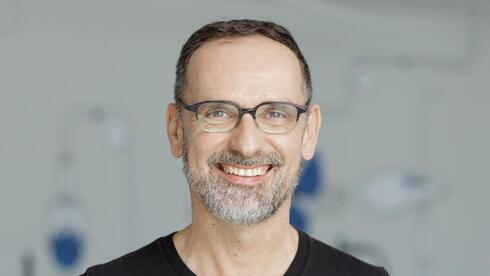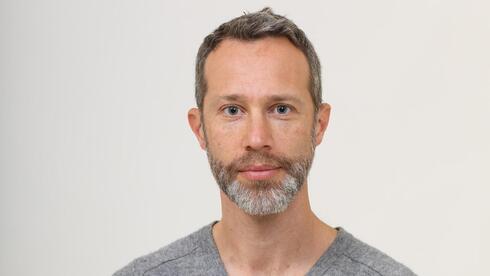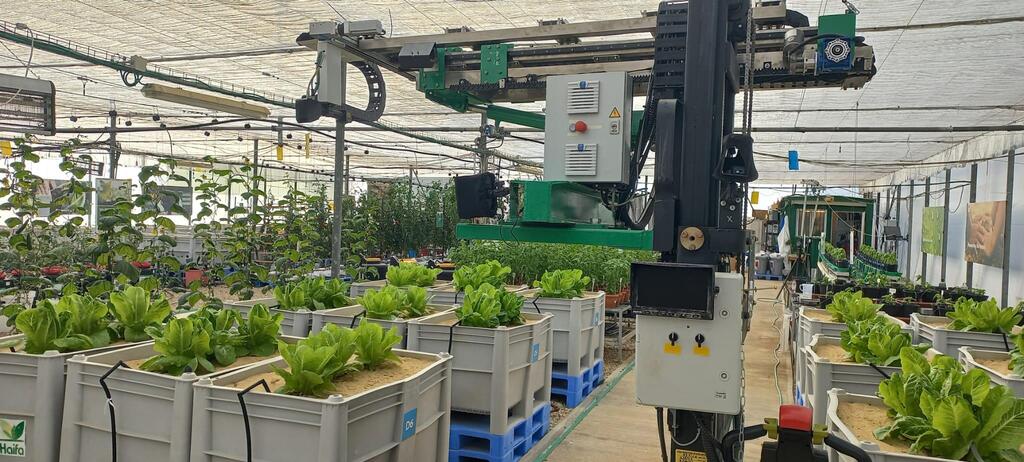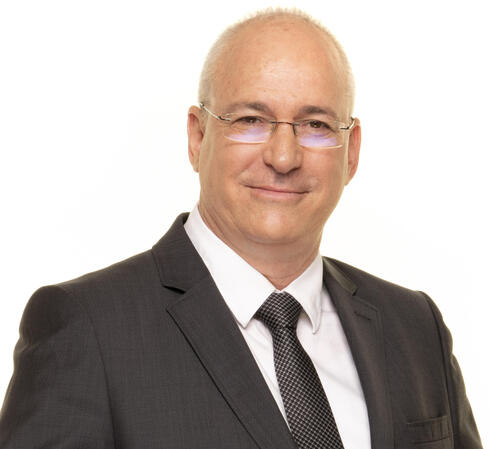
Precision Agriculture, Made in Israel: The Technologies That Are Leading the Future
Precision Agriculture, Made in Israel: The Technologies That Are Leading the Future
In a world where food security is becoming an increasingly global challenge, Israeli innovation is leading the solutions that are changing reality. Haifa Group demonstrates how Israeli technologies, developed to address Israel's challenging conditions, are securing the agricultural future — both locally and worldwide
"Agriculture in Israel initially grew under shortages of water, land, and desert conditions," explains Natan Feldman, VP Marketing, Business Development & Innovation at Haifa Group. "Yet these very challenges led to breakthrough solutions, from the Israeli drip irrigation system to today's innovations."
Israel's food security now faces a new challenge. "Until October 7th, there was a conception that we could rely on cheap imports," Feldman emphasizes. "The war proved that Israel is an island economy, and we must be prepared for import disruptions, whether due to political, climatic, or logistical reasons."
2 View gallery
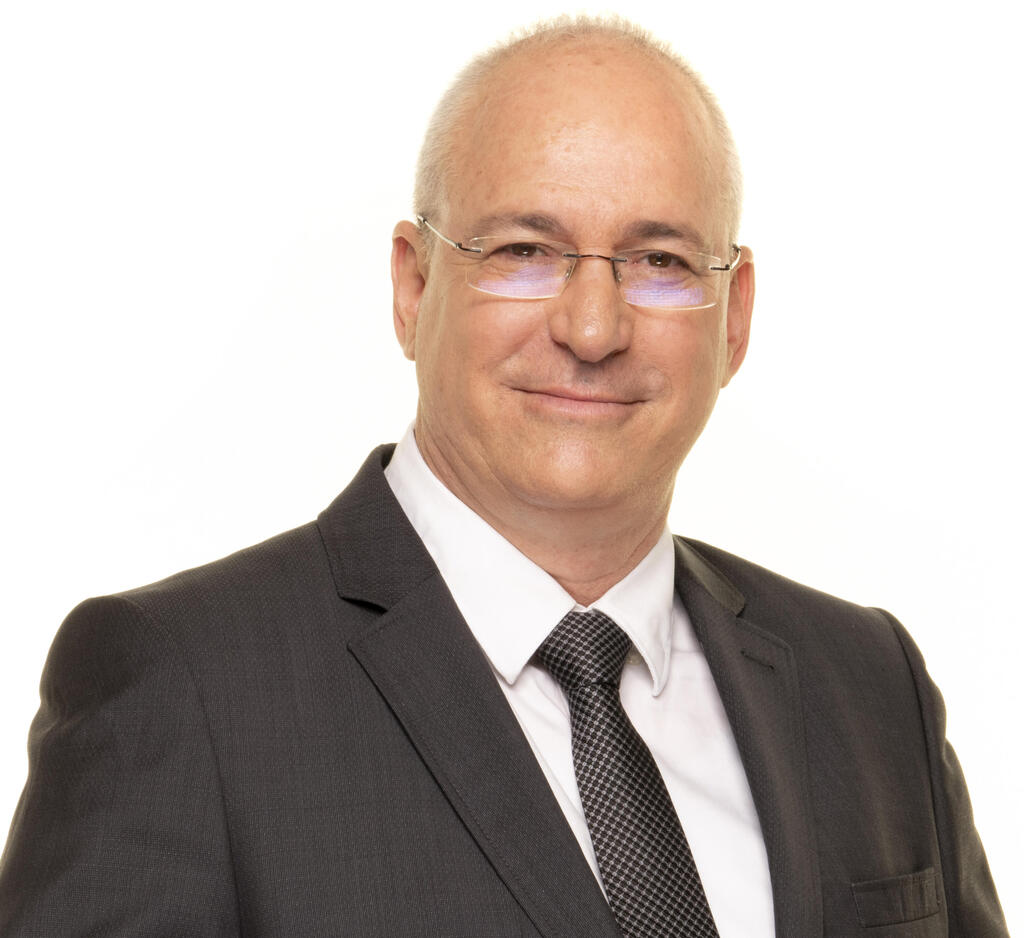

Natan Feldman, VP Marketing, Business Development & Innovation at Haifa Group
(Courtesy of Haifa Group)
Forecasts show that Israel's population is expected to grow to 15 million people within a few years, while agricultural land shrinks due to urbanization. "But we actually have an advantage," notes Feldman. "Israeli agriculture has transformed from a burden into an asset. The use of recycled water and public investment in water reclamation demonstrate how limited resources can become a tremendous advantage—a perfect example of advanced economic-environmental thinking."
Haifa Group has come up with various innovative solutions. "We developed NutriNet, a unique software that helps farmers build precise fertilization programs and measures the environmental impact of each action. We offer this service to farmers free of charge."
In the fertilizer field, Haifa Group leads with MULTICOTE, a fertilizer enabling controlled nutrient release throughout the entire growing season. "We were the first to introduce this solution to agriculture on a large scale," Feldman explains. "Recently, we developed the next generation of the product, based on the world's first biodegradable polymer. This groundbreaking product will be available to growers in 2027."
"Haifa Group leads in precision nutrition," he continues. "We invest massively in chemical and agronomic laboratories, including at the Aaronsohn Farm for Research and Innovation, and operate research stations in Europe and the US in collaboration with academic researchers."
The future looks promising, with impressive examples worldwide. "In The Netherlands and Canada, giant greenhouses already operate with innovative methods," Feldman describes. "I recently visited Ontario, Canada, touring a massive 4,500-dunam (1,112-acre) glass greenhouse complex for cherry tomato cultivation. These greenhouses feature full automation from field to packing house—essentially a production plant for perfect quality, highly efficient tomato production. The branded produce is sold both locally and exported, including to distant countries."
Feldman also shares his vision to establish advanced growing facilities in Israel.
"Israeli farmers quickly adopt technologies, and with our knowledge and the world's best tomato varieties, we can transform from importers to exporters, especially to Gulf countries."
The transition to technology-based agriculture requires significant investments, and Feldman believes this is the right time for that. "Government involvement in capital and securities is needed to establish large-scale systems," he states. "In the Negev, we can establish an agricultural-technological center to compete with Holland, where they overcome climatic disadvantages through robotics and sophisticated greenhouses. By combining advanced technology from growing to packaging stages, we can create value chains and significant growth engines for Israel."
Haifa Group extends an invitation to farmers, leaders, and opinion makers—to participate in the transition to future agriculture and create a world that's more secure in terms of food security.



